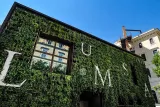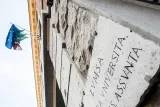Consortium
FINDATA consortium is composed of four partner universities. The coordinating partner is the University of Pardubice.
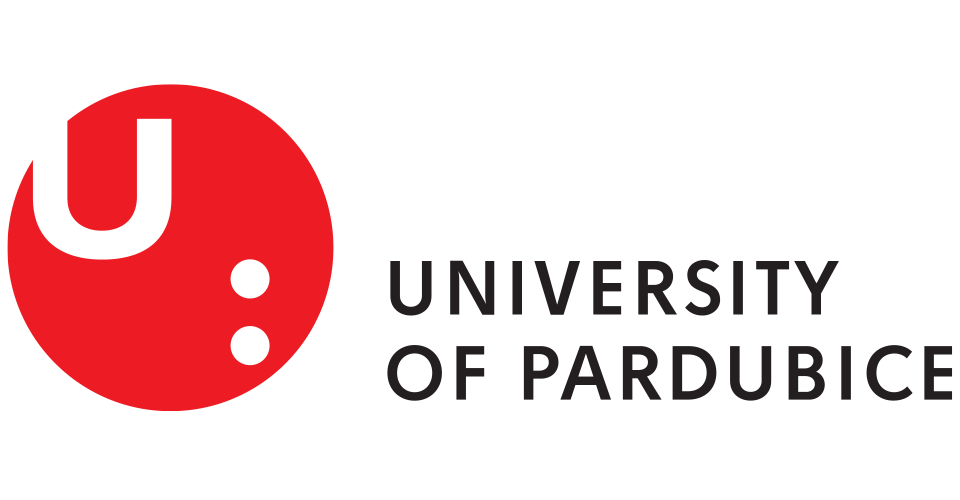
UNIVERSITY OF PARDUBICE
The University of Pardubice builds on an almost seventy-year long tradition of higher education in the Pardubice Region. The University is a modern and dynamic public higher education institution, that prepares specialists for successful careers in a wide variety of professions, offers Bachelor’s, Master’s and Doctoral degree study programmes in more than one hundred and thirty specialisations, broadens the universal scale of scientific disciplines and creates an open international community. Based on longstanding tradition, the university is committed to making educational opportunities accessible to the diverse student population from across the Czech Republic and more than 60 countries. With 10,000 students, the University is one of the middle-sized universities in the Czech Republic. The FINDATA programme is hosted by the Faculty of Economics and Administration.
FEA educates experts in the field of economic disciplines with an emphasis on public administration, regional development and public sector economics, business economics and management of non-financial and financial entities and in the field of informatics in branches of study closely related to public administration, regional development, business economics and insurance. We offer comprehensive studies at the bachelor‘s, master‘s and doctoral level in English. We implement a so-called joint degree programme with our partner University in Lithuania and we have accredited a double degree programme with the Technische Universität Dresden, Germany. Our graduates have good jobs in the practice of public administration and private companies, but also in non-profit organisations. They work as experts in economic processes in the development and operation of information technology, and they hold positions in the insurance industry. We are involved in basic and applied research projects. To do this, we use funding from national and international grant research agencies. Our projects are focused on issues of public administration, informatics, regional development, economic growth and environmental and safety aspects. We cooperate with industry, involving practitioners directly in teaching, organising professional workshops and excursions for students to cooperating institutions. We implement professional internships and also process final theses for our partner organisations
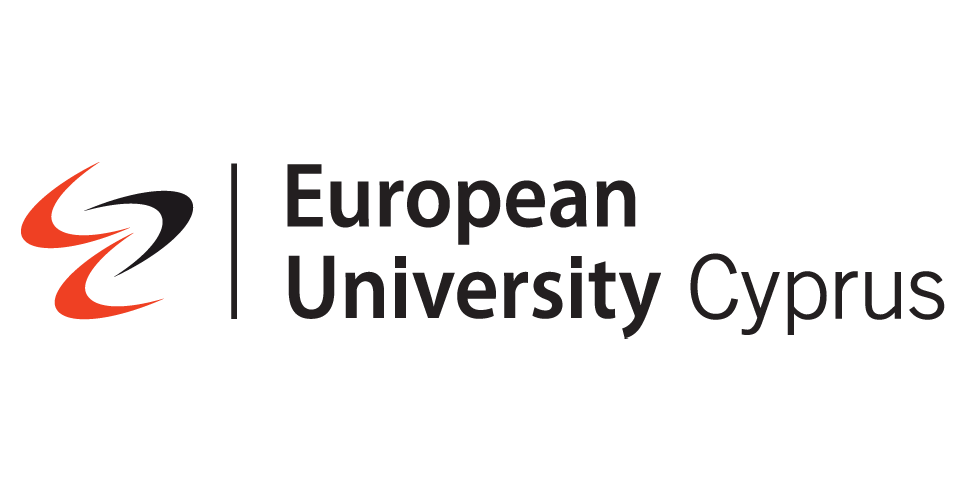
European University – Cyprus Ltd.
European University Cyprus (EUC) was founded in 2007 and developed out of Cyprus College, which was established in 1961. Today, EUC operates five Schools, namely, the School of Business Administration, School of Humanities, Social and Education Sciences, School of Law, School of Medicine, and the School of Sciences, with the mission to educate students for successful careers and life achievement, to understand and serve the needs of society, and to create knowledge through research and innovation. Research activity at EUC covers both basic and applied research, as well as the Arts. The University places strong emphasis on linking teaching with research and carrying out public outreach activities, aiming at increasing the interest of young people and the wider public in scientific endeavours. The research activity of the university as measured by its success in securing external research funding and authoring quality journal publications increased significantly in the last decade. EUC has an extensive portfolio of research and innovation projects, funded by the European Commission (i.e. Horizon2020, Erasmus+, Directorates General), the Cyprus Research and Innovation Foundation, United Nations, Max Planck Institute, European Space Agency, governmental bodies and private organizations. In the last 5 years, the University has accumulated more than 8.5M euros in research funding. Research activity is primarily carried out by a number of research centres, laboratories, and other kinds of specialized settings such as clinics and innovation centres.
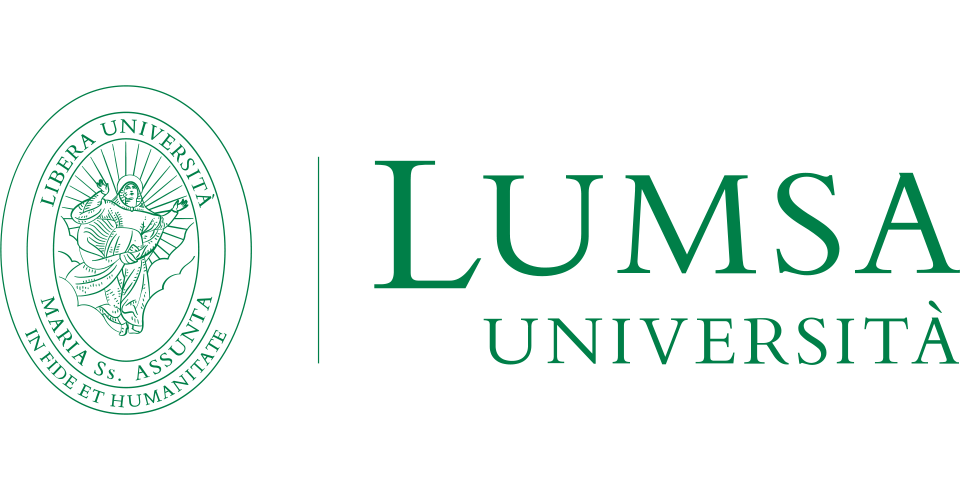
LIBERA UNIVERSITA ‘ MARIA SS ASSUNTA – LUMSA
LUMSA (Libera Università degli Studi Maria Ss. Assunta di Roma) is a public non-state Italian university formed on Catholic principles. It is the second oldest university in Rome after Sapienza, and was founded by Luigia Tincani in 1939. LUMSA is accountable to the state university system and awards qualifications equivalent to those issued by state universities. Students are the lifeblood of the university. The teaching staff maintain a direct and ongoing relationship with their students, and programs are designed to deliver specific high-level technical and cultural skills. With around 7.200 students, LUMSA is not just a high profile internationally recognised academic institution, it is also a place for personal development.
University teaching is distributed across three departments: Law, Economics, Politics and Modern languages - Rome campus; Law - Palermo campus; Social Sciences - Communication, Education and Psychology. With around 400 internationally recognised tutors, the University provides both qualified education for young people and professional development programs for mature students.
Over the years the University has developed an impressive track record in helping students to find employment. At the end of their programs, students have the opportunity to embark on work placements or internships with leading public or private organizations with which the University has developed mutual relationships.
LUMSA has exploited its long-standing employment-focused tradition by creating the LUMSA Talent Academy a project aimed at creating direct links between our students and the managers of major national and international companies.
LUMSA promotes and supports basic and interdisciplinary research through the University Centre for Research and Internationalization (Centro di Ateneo per la ricerca e l’internazionalizzazione - CARI) and the Ethics Committee for Scientific Research (Comitato Etico per la Ricerca Scientifica - ESRB) whose remit is to evaluate and advise on research proposals submitted by scholars working at LUMSA.
LUMSA is a member of the Agency for the Promotion of European Research (Agenzia per la Promozione della Ricerca Europea - APRE), part of the EURAXESS network - Researchers in Motion - and Eduroam (Education Roaming).
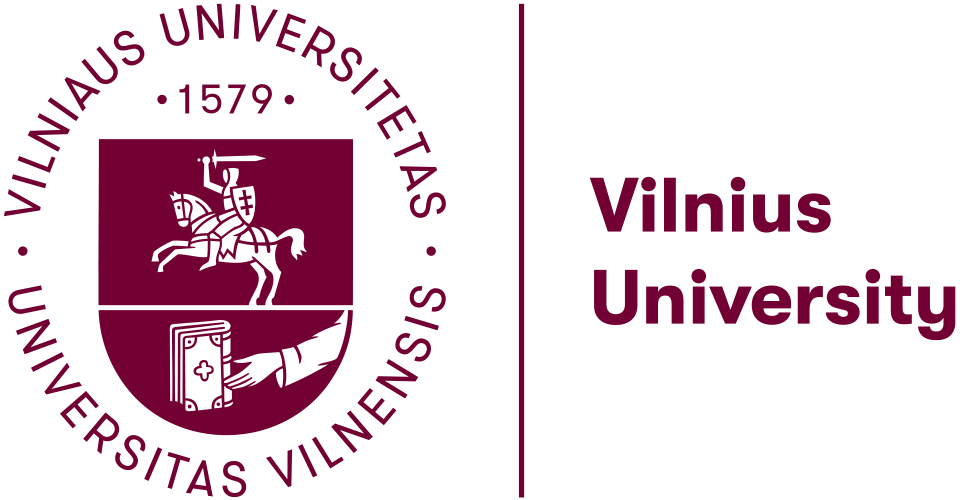
VILNIUS UNIVERSITY
The Faculty of Economics and Business Administration (FEBA) was founded in 1940 and is currently the second-largest faculty by student numbers in Vilnius University (about 2500 students in 2021). Also, the FEBA is a leading public higher education unit in Economics and Management research in Lithuania. In 2021, the FEBA has been awarded CEEMAN International Quality Accreditation, which proves that Faculty’s activities conform to the requirements for educational institutions management. Long history, business links, renowned alumni, and strong community manifest the Faculty’s sustainable and thriving performance.
The faculty structure includes 10 units: Centre of Expertise in Economics and departments: Accounting and Auditing, Finance, Management, Business, Theoretical Economics, Economic Policy, Marketing, Quantitative Methods and Modelling, Economic Informatics. The academic staff performs the scientific work both in departments and research projects, in collaboration with researchers from different departments and organizations.











